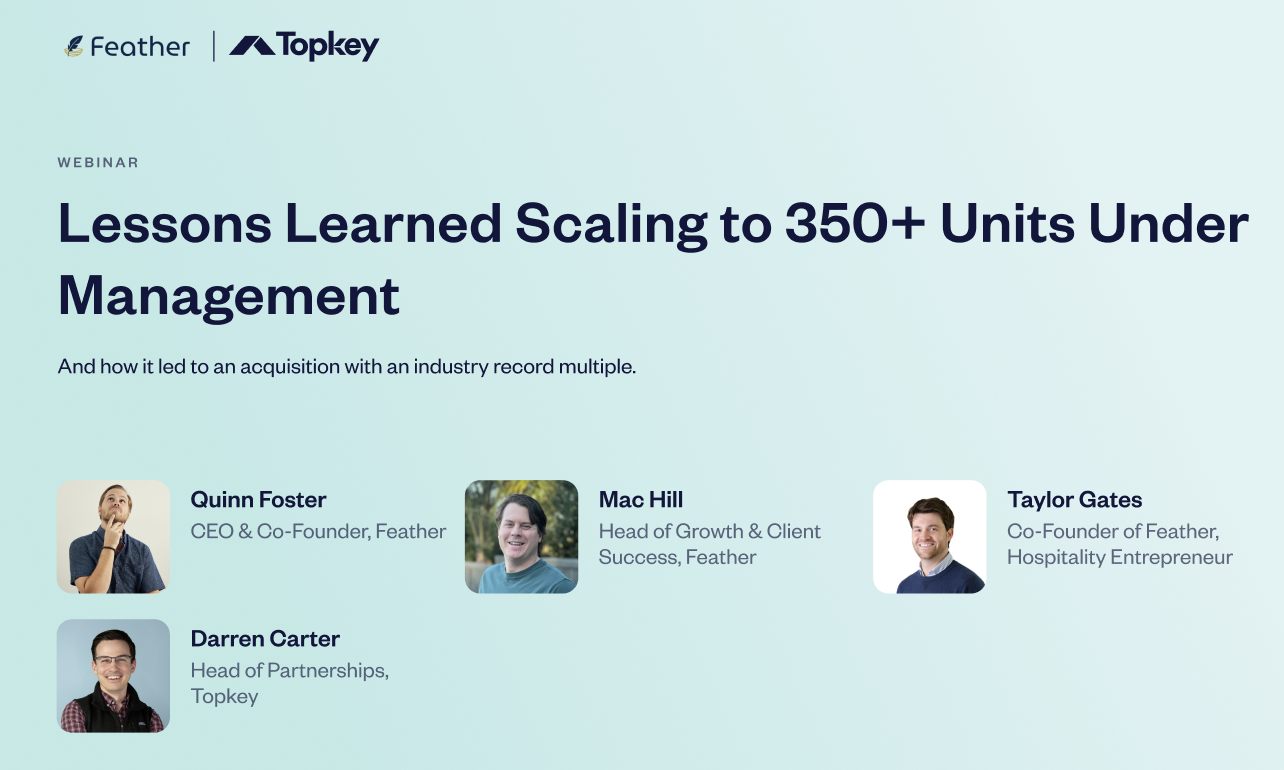How to Evaluate Financial Software for Your STR Business


Why the STR financial stack is so important — and often, so broken
You probably didn’t get into the vacation rental business because you love reconciling owner expenses or managing trust accounts. But it’s the unavoidable truth of short-term rentals (STRs): your financial operations are uniquely complex.
In addition to ‘standard’ financial operations like payroll, STR managers must:
- Use multiple accounting practices concurrently — such as trust accounting to hold owner revenue, cash basis accounting for day-to-day operations, and accrual accounting to monitor property financials.
- Track and manage large volumes of expenses transactions and painstakingly reconcile them to multiple properties to avoid inaccurate owner charges or expense leakage.
- Issue and manage multiple corporate credit cards across local field staff (or handle timely reimbursements).
- Produce timely and accurate owner statements.
Finally, many managers have to reconcile or reproduce all this financial data across disparate tools and systems — because the typical STR tech stack is complex, too. Often, managers have to patch together ten or more different solutions to get their many jobs done.

But if these tools don’t integrate well (or at all), they create fragmented financial systems. Their data lives in silos, and there's no way to efficiently and reliably aggregate it. That leads to limited visibility and inefficient financial processes, making it costly and time-consuming to get the books closed at the end of every month.
Unfortunately, adding another “solution” to the stack might only make things worse — especially if a tool isn’t designed to address the specific problems of your STR business. To make sure your software truly solves your finance challenges, you’ll need to make sure it will:
- Automate the STR-specific finance processes you’re currently struggling with.
- Unify your financial data, rather than creating another silo.
- Deliver measurable ROI, now and into the future.
- Continually improve your finance processes over time.
- Support your long-term growth plans.
This means carefully evaluating potential software solutions against specific criteria — again, probably not why you got into the vacation rental business.
So we gathered some practical tips from several managers who have avoided buyer’s remorse by investing in STR financial software that drives great outcomes for their business. Here’s what they have to say.
Tips for evaluating STR financial software solutions
1. Look for STR-specific features and functionality
As we mentioned, STR businesses have unique needs when it comes to financial ops.
Jed Stevens, owner-operator of Koloa Kai Vacation Rentals, told us, "It breaks people's brains. By definition, a client trust account is run on an accrual basis — you're not recognizing that income when you get a booking and take that chunk of the money. You must wait to recognize that income until the stay is complete, when you know the money has been earned. But your operations run on a cash account basis. When you get money in, that's when you recognize it."
This is why choosing between a generic or industry-specific solution is crucial. At this stage in your decision-making process, it helps to focus on the use cases that are especially complex for STR managers and consider how - and whether - each option can ease these burdens.
Generic solutions are great for more standard processes like payroll. But, most are designed to support a single accounting method, rather than running dual methods simultaneously. So they'll likely need significant workarounds or customizations to give you an accurate picture of your financial position, and to allow you to complete important financial reporting, planning and analysis efficiently and accurately.
For Jed, the right decision was to implement industry-specific software: "You can't just have Quickbooks run your client trust accounting system unless it's run on an accrual basis. This level of complexity requires a solution that's been intentionally created to solve it."
It's also worth noting that, even if you can 'get the job done' using a generic solution, you lose out on extra value offered by purpose-built options.
For example, with Topkey, you can easily issue virtual credit cards to your team members, and add new cards instantly. Aiden Groll, co-founder of Orlando-based Blue Gems Management makes excellent use of this feature by issuing a separate Topkey virtual card for each property they manage, and only using that card to pay expenses for that property.
Aiden said, “We no longer have to go to the bank to sign up and set up all of these cards. We don’t have to wait for them to ship or show up and activate them. Just a few clicks of the mouse, and we have a new virtual card that we can directly tie to a property.”
Blue Gems has also been able to tie accounts payable payments, like third-party maintenance fees, to specific properties at the point of payment using Topkey's custom AP Bill Pay solution. So, whether payments have been made virtually, physically, or via accounts payable, Topkey automates the expense management process.
For Aiden and the wider Blue Gems team, these features are a real game-changer.
“We no longer have any guesswork on which property an expense is for,” he said.
Riley Goldman, the founder of Beachside Vacation Rentals, summed up with his opinion on the generic vs industry-specific debate: "If using an industry-specific solution can make you 10-15% more efficient than a generic solution, it's a no-brainer. You can spend that time focusing on doing things that actually make you money — like growing your portfolio."
2. Prioritize robust integrations
A clear piece of advice offered by Chad Wise from HostWise is to focus on interoperability: "Carefully consider the ability to integrate the product into your stack."
When your STR financial software connects with your other accounting tools and property management system (PMS), a lot of the problems caused by financial data silos disappear. For Jed, who used to touch each transaction three times to close his books, the integration between Topkey and Quickbooks enables him to complete the process eight hours faster every month.
He said, "With Topkey, I categorize the expense by property and which of the accounts in Quickbooks it belongs to. Then I hit 'sync', and it goes to Quickbooks, and I don't have to touch it again. It's a huge relief."
Topkey also lets you sync data to your PMS if it has a direct integration, eliminating another redundant process and saving even more time. Aiden, who has integrated Topkey with his bookkeeping software, Quickbooks, and his PMS, Guesty, values the increased accuracy of their finance data. “There’s no disconnect between accounts payable and the actual expense that gets recorded in your owner statement and Quickbooks,” he said.
It's worth noting that direct integrations can sometimes be prohibitively expensive or even impossible to build with certain providers — depending on your PMS, your options may be limited. But, good vendors can advise you on strategies to sync your data and achieve greater efficiency.
3. Calculate your ROI based on your business case
According to Chad from HostWise, purchasing a new financial solution is a big commitment, so it pays to approach it with a commercial mindset. He said, "While it's great to crowdsource recommendations, you MUST evaluate your top 3 - 5 options carefully to determine the pros and cons of each offering based on your business needs."
With your business use case in mind, calculate the ROI you can expect from each of your options. It’s easy to be swayed by lower fees, but as Terry at Anna Maria Island Beach Rentals hints, this can come at the expense of the overall value: "Buy the best technology you can afford. You get what you pay for."
Good vendors can help you calculate the ROI of their solution. The calculation may be part quantitative, and part qualitative, but should always be substantiated by the math and tied to the features of the product.
For example, if you’re looking to implement a new expense management solution, your vendor may factor in the following:
- Costs related to the time your team will save each month
- Reduced financial waste as a result of more accurate expense management
- Lower bookkeeping fees
- Eliminated monthly fees for software products that will be replaced
If you’re considering adopting a broader range of features, the ROI calculation may also include earnings. For example, STRs that use Topkey’s corporate cards get 1.5% on cashback on purchases2, and those that work with our banking partner1 can earn up to 3.17% Annual Percentage Yield (APY)³.
As Aiden at Blue Gems told us, “The biggest selling point [of Topkey ] is that it’s a profit center. When we look at the cost of the software compared to the interest³ we’re earning, the cashback rewards, and the savings of not needing to hire another bookkeeper or employee, we have a direct return on our investment.”
4. Seek out continual innovation
When your software vendor invests in developing new features, the return you get from working with them grows incrementally. Each release gives you a new opportunity to solve an operational problem, save time and money, or level up your employee and owner experiences.
As Jed from Koloa Kai says, "When I choose a partner to work with, one of the main things I look at is not just what is their current offering — but where are they going? What are they going to be developing?"
He cites Topkey’s track record at listening to feedback and implementing suggestions as evidence that he’ll continue to benefit from new features for years to come. Look for the same commitment to innovation from your own potential partners.
5. Insist on transparency and honesty
I’ve talked about this before on LinkedIn: it’s an unfortunate reality that sales reps who are eager to close a deal sometimes promise more than their products can deliver. Be wary of any rep who fails to acknowledge limitations or dodges important questions.
Dig deeper. Ask your peers about their experience with their vendors. Through these conversations, you can find out if their software meets their expectations, and what the customer support and overall relationship are like.
Another great indicator is whether the vendor shows up beyond the sales call. Do they attend industry conferences? And if they do, do they strive to create genuine connections with people, share their knowledge, and offer valuable insights? If they're actively engaged with the industry, it's a good indicator they're dedicated to understanding and meeting the specific needs of STR managers.
6. Make sure your vendors will be around for the long haul
For Chad at HostWise, it’s essential to get a feel for how long a solution will support your business growth. He says, "A technology solution is also only as good as its longevity.”
When you're evaluating your options, understanding the long-term viability of a solution comes down to two questions: Can it scale as you grow? And is the vendor financially stable?
Some software is built to support a very specific market segment — for example, STRs with 20 to 50 properties. But, the solutions with the longest shelf life are designed to help you grow, whether from 15 to 50 properties or from 100 to 250.
The vendor should also have a firm footing in the market. Over the past decade, there’s been a flood of new startups that spring up out of nowhere and disappear just as quickly. You can get a sense of their success and stability by looking into how much funding they have and asking about their customer base, pipeline, and business strategy. The responses to these questions (and the spirit in which they're given) can tell you a lot.
Discover the Topkey difference
With these tips in mind, we hope you can find valuable, reliable solutions that will make your financial ops much easier and more efficient. If you’re interested in learning about our own tools around expense management, corporate cards2, or banking1 products, we’d love to hear from you. Book a demo to learn more.
___
1 | Topkey is a financial technology company and is not an FDIC-insured bank. Banking services provided by Thread Bank, Member FDIC. FDIC Insurance available for funds on deposit through Thread Bank, Member FDIC. FDIC deposit insurance covers the failure of an insured bank. Certain conditions must be satisfied for pass-through deposit insurance coverage to apply. The Topkey Visa debit card is issued by Thread Bank, Member FDIC, pursuant to a license from Visa U.S.A. Inc. and may be used anywhere Visa (or Mastercard) cards are accepted. The Topkey Visa charge card is issued by Thread Bank, Member FDIC, pursuant to a license from Visa U.S.A. Inc. and may be used anywhere Visa cards are accepted.
Your deposits qualify for up to $3,000,000 in FDIC insurance coverage when Thread Bank places them at program banks in its deposit sweep program. Your deposits at each program bank become eligible for FDIC insurance up to $250,000, inclusive of any other deposits you may already hold at the bank in the same ownership capacity. You can access the terms and conditions of the sweep program at https://thread.bank/sweep-disclosure/ and a list of program banks at https://thread.bank/program-banks/. Please contact customerservice@thread.bank with questions on the sweep program. Pass-through insurance coverage is subject to conditions.
2 | Terms and conditions apply to the charge card rewards program. To redeem your Points Rewards, you must email us at support@topkey.io and provide the name of the Account holder with your request to redeem your Points Rewards. You may redeem your Points Rewards only if you are not delinquent in any amounts then owed to Topkey. The purchase of money orders or cash equivalents, and account funding made with your charge card are not eligible for charge card rewards. Please refer to the Topkey Charge Card Rewards Terms and Conditions.
3 | The interest rate on the High Yield Deposit Account will be 2.93% with an Annual Percentage Yield (APY) of 2.97%. The interest rate on the Regular Deposit Account will be 1.52% with an Annual Percentage Yield (APY) of 1.53%. These rates are effective as of 10/30/25. These are variable rates and are subject to change after the accounts are opened based on the Federal Funds Rate. Minimum opening deposit and average balance requirements may apply. Fees could affect earnings on the account.
More Stories





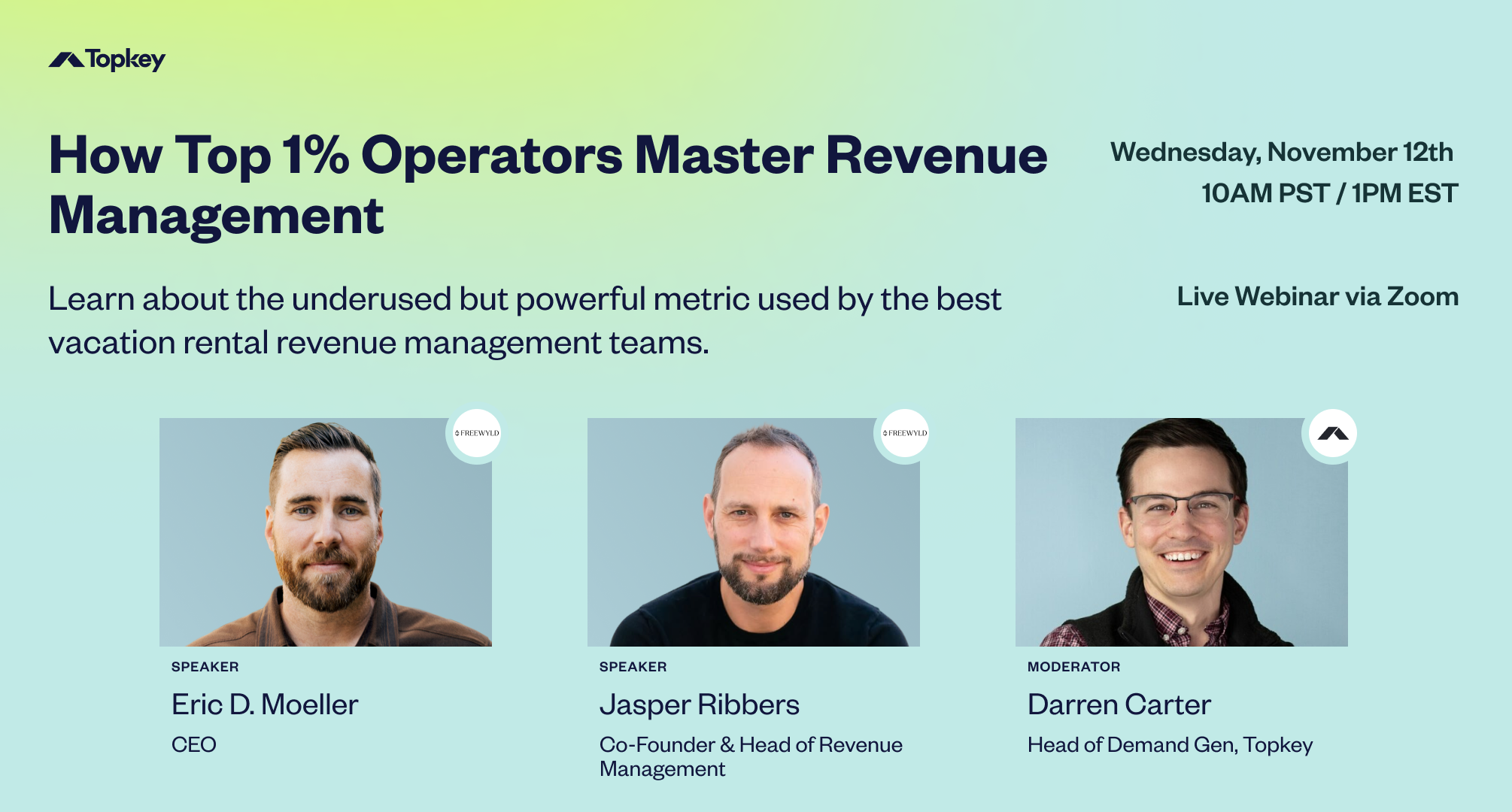

.png)

.png)
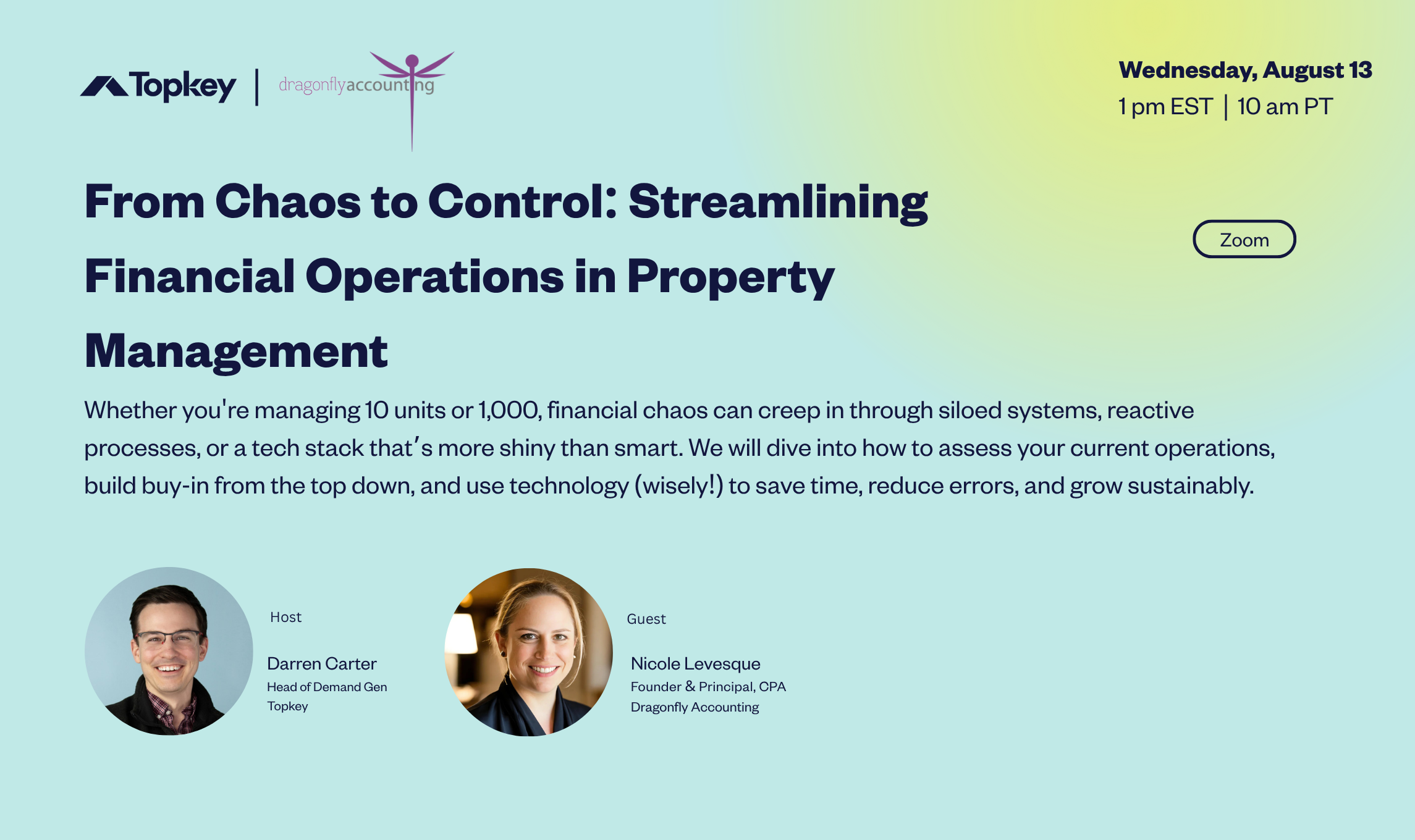
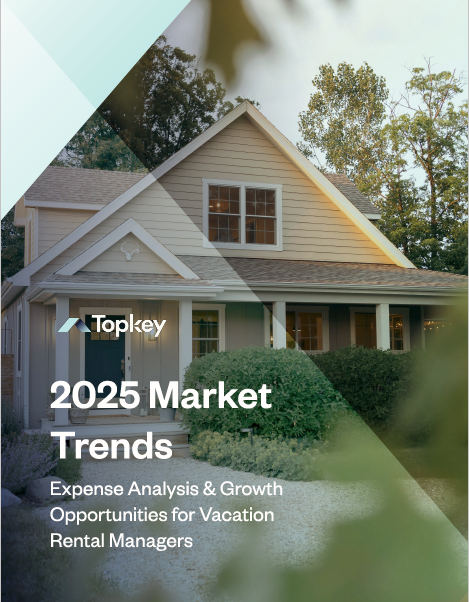

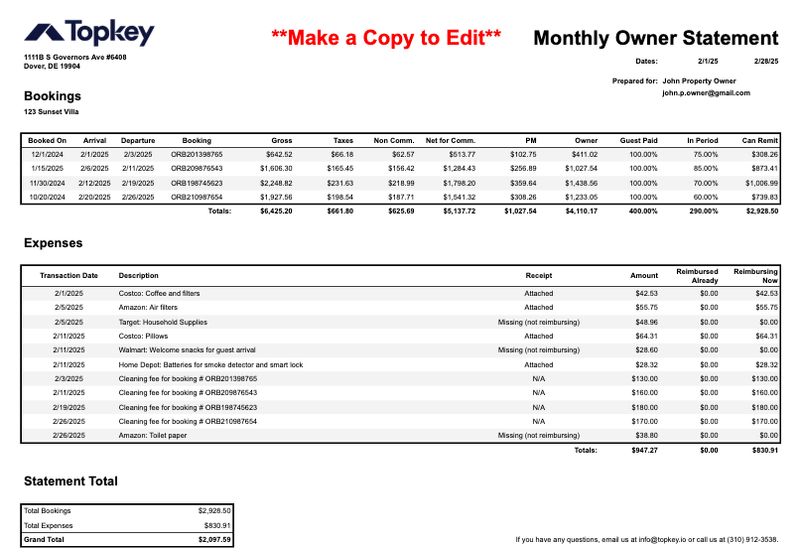

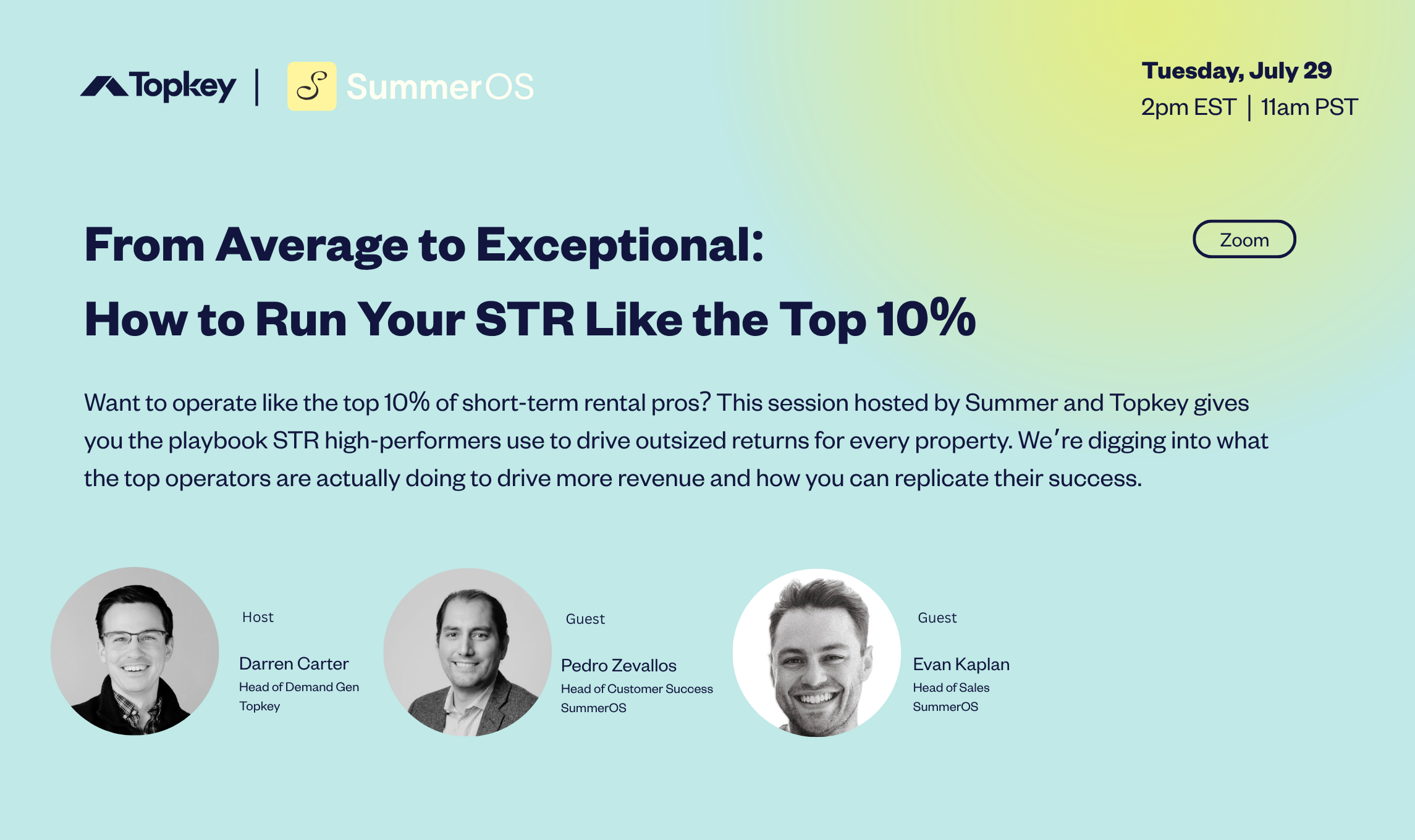

%20(1).png)

.png)














.png)


.png)

.png)




































